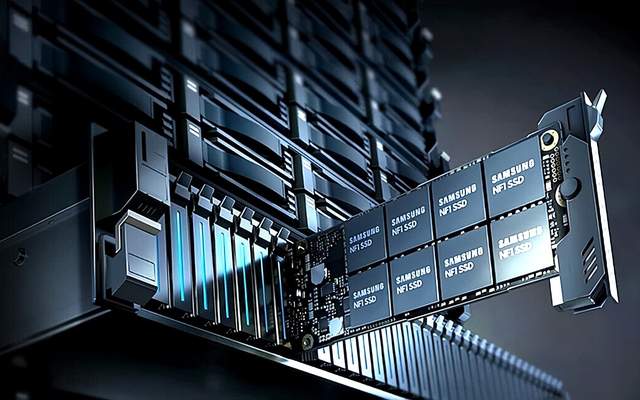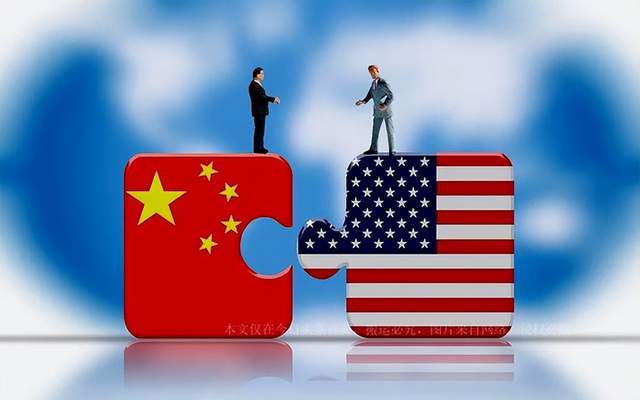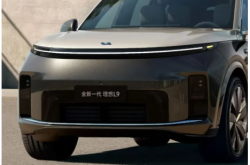Is Korean chip irreplaceable and a big winner?
![]() 08/12 2024
08/12 2024
![]() 647
647
The United States restricts NVIDIA from selling high-end AI chips to China, while some Chinese companies claim that domestic AI chips are comparable to NVIDIA's high-end AI chips. Both sides have their own advantages, but in the competition between China and the United States, there is a chip used exclusively for AI chips in South Korea that is irreplaceable. Both China and the United States can only turn to South Korea, making South Korea the biggest winner.

This chip is the HBM memory chip. HBM stands for "High Bandwidth Memory," which means high-bandwidth memory in Chinese. Currently, the world's major HBM chips are mainly provided by Samsung and SK Hynix in South Korea, with some contributions from Micron in the United States. However, American enterprises have a huge demand for HBM chips, which Micron cannot fully satisfy, leading to a need for large imports from South Korea.
For China, it is even more reliant on HBM chips from South Korea. Recently, Chinese enterprises have significantly increased imports of HBM chips from South Korea, driven by concerns about US measures against South Korea's exports of HBM chips to China. This underscores the high dependence of Chinese AI enterprises on South Korean HBM chips.
HBM chips have seen a sudden surge in demand since the AI industry boom. These chips can significantly reduce the time AI chips take to read data, thereby greatly enhancing their overall performance. South Korean chip companies have even developed a technology to package HBM chips with NVIDIA's AI chips, further boosting performance.
The technical standards for HBM chips can be said to have been jointly formulated by Samsung and SK Hynix in South Korea, along with Micron in the United States, in collaboration with NVIDIA. With the power to set standards, they naturally have a say in HBM technology, resulting in global enterprises sourcing HBM chips exclusively from these three companies.

South Korean chip companies have emerged as big winners. Data from the second quarter of this year shows significant growth in the performance of Samsung and SK Hynix in South Korea, with Samsung's profits surging by more than 14 times, partly due to contributions from HBM chips. The Chinese market contributes the most revenue to South Korean chip companies.
Data released by South Korea indicates that exports of chips to China have surged by more than 40%. China accounts for up to 60% of South Korea's chip exports, showcasing China's position as the largest export market for South Korean chips. Given the high price and profits of HBM chips, coupled with Chinese enterprises' concerns about US efforts to block South Korea's exports of high-performance HBM chips, this has led to a buying spree, allowing South Korean chip companies to hike prices and reap substantial profits.
China actually has memory chip companies, but due to the technical standards being held by Korean and American chip companies, Chinese chip companies cannot obtain the corresponding technology and are therefore unable to produce HBM chips at present. Coupled with the long-term cooperative relationship between Korean chips and Chinese enterprises, Chinese enterprises can only import a large number of HBM chips from South Korea.
This reality underscores the importance of setting technical standards. It can be said that Chinese memory chip companies will not be able to produce high-performance HBM chips in the short term. At the same time, to ensure technological leadership, Korean chip companies are developing more advanced processes. Samsung, with its advanced process advantage, plans to apply 4-nanometer technology to HBM chips, which can further reduce power consumption and improve performance. SK Hynix and Micron lag slightly behind in process technology, which is why Samsung holds the largest share of the HBM chip market.

Both the Chinese and American chip industries probably did not anticipate that, amidst their fierce competition in the AI chip market, South Korea would emerge as a big winner by supplying HBM chips for AI chips, earning substantial revenues. This is undoubtedly a pleasant surprise for South Korea and also demonstrates the immense size of the AI chip market, driving the rapid growth of specialized chips like HBM.







